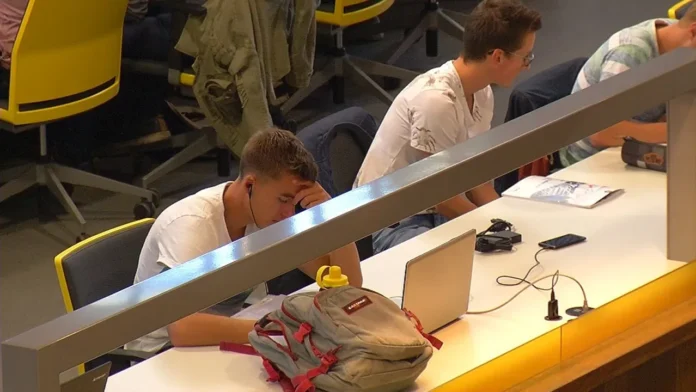It can be a useful tool, but it can also throw together entire reports in a few seconds. Artificial Intelligence (AI) is both a blessing and a curse for education, but no one can ignore it. In anticipation of national guidelines, Fontys and TU/e have their own rules.
Many things are changing due to the use of Artificial Intelligence (AI), but some things remain the same. For example, what the university labels as plagiarism: “Using text, data or ideas that were not created by the students, without correct and complete source references”.
“In general, we approve of the use of AI if it contributes to the learning objectives”, TU/e states. “How AI may be applied is determined per subject and paper. Artificial Intelligence offers great possibilities, we want students to learn to use it well and responsibly”.
Reference
There are also restrictions on the use of Artificial Intelligence within Fontys Hogescholen, but the university of applied sciences seems to impose fewer restrictions on its use than the university. For example, students must always explicitly mention the use of AI and no material with copyrights or personal data may be entered.
Guideline
When formulating the learning objectives, Fontys therefore wants to take the reality of Artificial Intelligence into account. “We encourage educational developers to take the situation into account when organising education. What do we want students to know and be able to do at the end of a period? Carefully formulated learning outcomes and assignments help to provide clarity and ensure that misuse of generative AI is discouraged”.
Both TU/e and Fontys would like to see national guidelines on the use of Artificial Intelligence, as does the Landelijke Studenten Vakbond (national student union). At present, this is still regulated independently by each educational institution. TU/e reports that there is a working group from the Universiteit van Nederland that is looking into the issue. Fontys also welcomes a national guideline, but warns that banning it will make little sense.
Detection
“Not only because detecting AI is almost impossible, it is also an important technology that everyone in the field will have to deal with. It is more important to enter into discussions about it to learn how the AI science field views the use of AI, so that we can carefully respond to this in our education. Being able to deal with generative AI critically and ethically is of great importance in this respect”, according to the university of applied sciences.
Source: Studio040
Translated by: Bob











